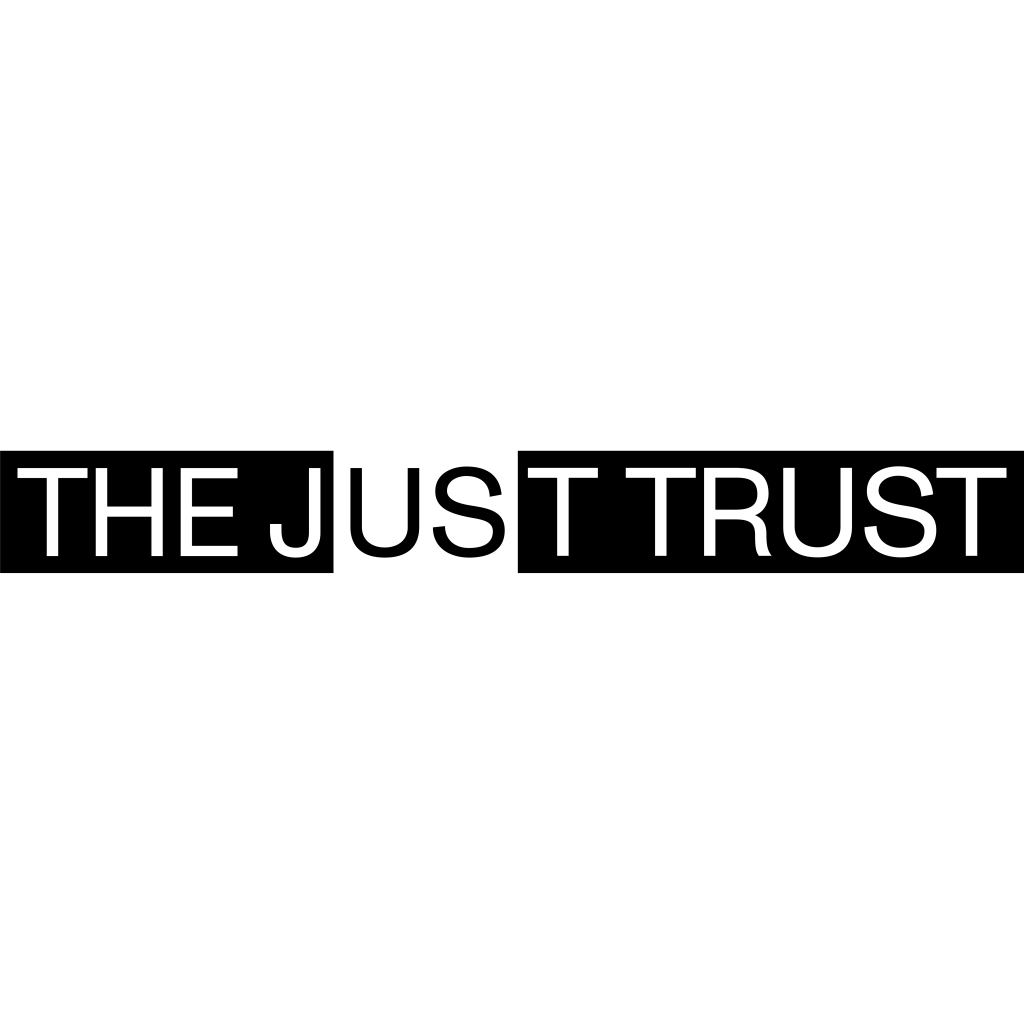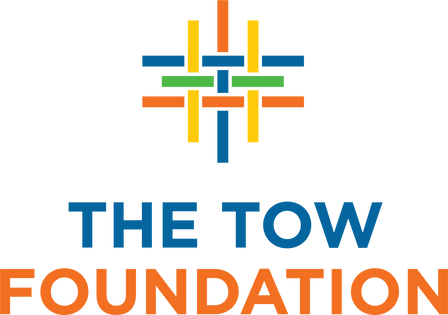

The rapid growth of artificial intelligence (AI) technologies presents both significant opportunities and formidable challenges for the criminal justice system. AI could enhance efficiency, fairness, and effectiveness. But if misused or poorly designed, the same technologies could just as easily amplify biases and further strain confidence in the justice system.
The Task Force on Artificial Intelligence is a national, nonpartisan initiative to develop standards and evidence-based recommendations to guide the safe, ethical, and effective use of AI in the criminal justice system.
Spanning the four major sectors of the criminal justice system—law enforcement, courts, corrections, and community organizations—the group will produce credible analysis and guidance to help policymakers and practitioners navigate a complex and rapidly evolving landscape in ways that maximize benefits, minimize harms, and improve justice.
Chaired by former Texas Supreme Court Chief Justice Nathan Hecht, the Task Force includes 14 other leaders representing AI technology developers and researchers, police executives and other criminal justice practitioners, civil rights advocates, community leaders, and formerly incarcerated people.
The Task Force’s work is supported by CCJ staff and researchers at RAND, a leading research organization with extensive expertise in criminal justice and emerging technologies.
related work
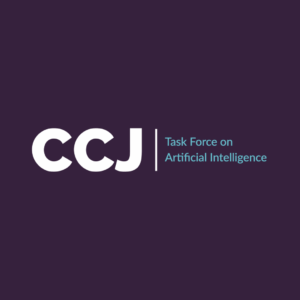
National Task Force on Artificial Intelligence Releases Guiding Principles for the Use of AI in Criminal Justice
CCJ panel urges policymakers to use its framework to ensure AI systems are deployed safely, ethically, and effectively
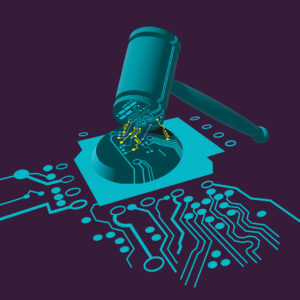
Principles for the Use of AI in Criminal Justice
This framework outlines five key principles to guide the responsible integration of artificial intelligence across law enforcement, courts, and corrections.

Analyzing the Trump Administration’s AI Action Plan: What It Means for Criminal Justice
Following the release of the administration’s action plan and executive orders on AI, CCJ’s Task Force on Artificial Intelligence examines what this means for criminal justice.
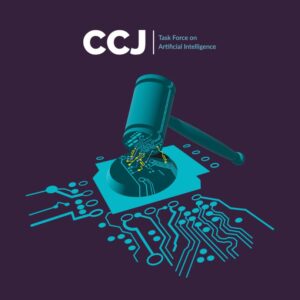
Council Launches National Task Force to Guide Integration and Oversight of AI in Criminal Justice
In partnership with RAND, the diverse expert panel will examine the transformative potential and substantial risks of AI in the criminal justice system.

State Legislators Share Insights on Local AI Regulation
Before the launch of the Council’s Task Force on Artificial Intelligence, a bipartisan group of state legislators spoke with CCJ to share their concerns and insights as they navigate the adoption of this emerging technology in their states.

DOJ Report on AI in Criminal Justice: Key Takeaways
To help stakeholders wrestle with critical questions about the use of AI in criminal justice, CCJ prepared a summary highlighting key findings and recommendations from a 2024 report on the topic produced by the U.S. Department of Justice.
task force members

Nathan Hecht (chair)
Former Chief Justice, Texas Supreme Court

Ian T. Adams
Assistant Professor of Criminology and Criminal Justice, University of South Carolina

Rose Afriyie
Founder, Afriyie Research and Development; Co-Founder and Board President, mRelief

Armando Aguilar
Assistant Chief, Miami Police Department

Roy L. Austin
Director, Artificial Intelligence Initiative, Howard University School of Law; Former Vice President of Civil Rights, Meta; Former Deputy Assistant, President Obama

Chiraag Bains
Senior Fellow, Democracy Fund; Former Deputy Assistant, President Biden; Former Deputy Director, White House Domestic Policy Council

Alex Chohlas-Wood
Assistant Professor of Computational Social Science, New York University

Ed Chung
Vice President of Initiatives, Vera Institute of Justice

Bree Derrick
Director, Idaho Department of Correction

Herbert Dixon, Jr.
Senior Judge, Superior Court of the District of Columbia

Lauren Johnson
Justice Director, Dream.Org

Walter Katz
Director of Policy, Innocence Project

Katie Kinsey
Chief of Staff, Policing Project, NYU School of Law

Kristian Lum
Research Scientist, Google DeepMind

Melissa Nelson
State Attorney, Fourth Judicial Circuit, Florida

Jesse Rothman
Director, Task Force on Artificial Intelligence

James Anderson (research partner)
Director, RAND Institute for Civil Justice; Senior Behavioral Scientist
Task Force Advisers

Sorelle Friedler
Shibulal Family Professor of Computer Science, Haverford College

Kevin Miller
Justice and Community Safety Director, Microsoft

Judge Scott U. Schlegel
Fifth Circuit Court of Appeal, Louisiana

Jonathan Wroblewski
Lecturer, Stanford Law School and Harvard Law School
about the art
The banner design was created by an adult in custody designer in the Oregon Corrections Enterprises (OCE) Graphic Design program. The mission of OCE, in partnership with the Oregon Department of Corrections, is to promote public safety by providing adults in custody with work and training opportunities in a self-sustaining organization.
Artist’s Statement:
“The gavel base is covered in circuitry resembling something close to a computer chip—a crucial piece to the inner workings of a computer. The placement of the chip completes the connection between the computer system (AI) and the criminal justice system. In addition, the circuitry extends beyond the base, uniting the gavel with it and suggesting stronger integration.”
supporters
Support for the Task Force on Artificial Intelligence comes from the Heising-Simons Foundation, The Just Trust, Microsoft, Southern Company Foundation, and The Tow Foundation, as well as the John D. and Catherine T. MacArthur Foundation and other CCJ general operating contributors.


